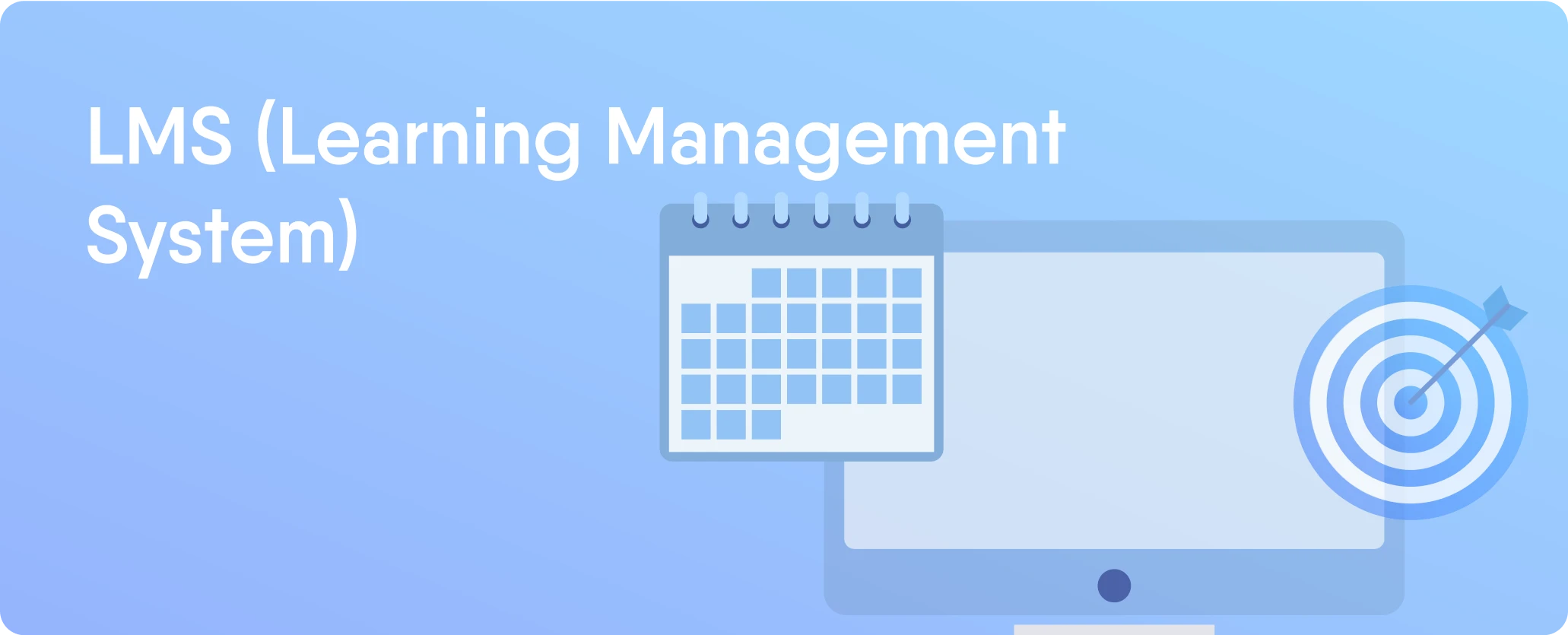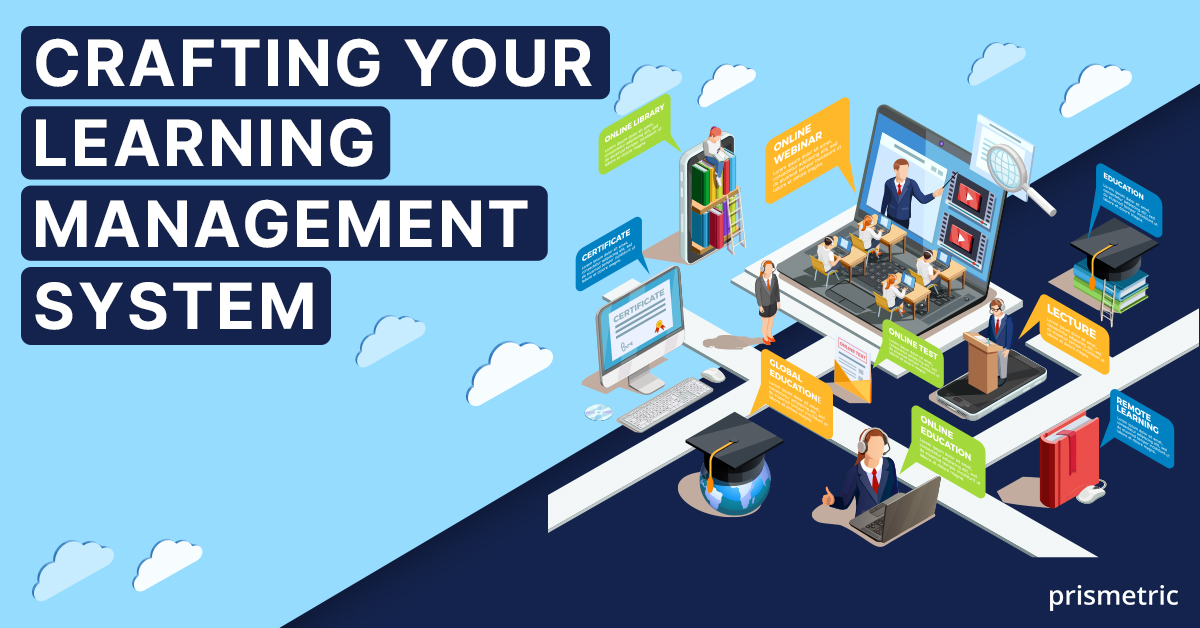Canvas Singapore: Just How This LMS Is Shaping the Future of E-learning in Singapore
Canvas Singapore: Just How This LMS Is Shaping the Future of E-learning in Singapore
Blog Article
Streamline Education And Learning With a Leading Learning Administration System
In the ever-evolving landscape of education and learning, the fostering of a leading Understanding Administration System (LMS) provides a critical opportunity to streamline processes and boost both training and finding out experiences. By automating management jobs and providing customized finding out paths, an effective LMS not only facilitates better engagement yet likewise promotes an environment conducive to collaboration and inclusivity.
Advantages of a Discovering Administration System
A Learning Monitoring System (LMS) supplies numerous benefits that can dramatically improve the educational experience for both teachers and students. Mostly, an LMS helps with structured program administration, permitting trainers to manage program materials, track student progress, and assess efficiency efficiently. This automation minimizes the administrative worry on teachers, allowing them to focus extra on mentor and pupil interaction.
In addition, LMS systems support individualized knowing courses, accommodating varied learning designs and paces. This versatility cultivates a more comprehensive environment, making it possible for learners to gain access to sources that best fit their demands. The access of an LMS permits trainees to engage with course material anytime and anywhere, advertising self-directed knowing and fitting numerous routines.
An additional notable advantage is the improved cooperation chances an LMS gives. Discussion discussion forums, team tasks, and peer analyses motivate communication among students, improving their understanding via shared viewpoints. In addition, the data analytics functions of an LMS enable instructors to obtain insights right into student engagement and efficiency, notifying educational methods and interventions.
Secret Functions to Search For

Next, durable coverage and analytics capabilities provide valuable insights right into learner development and interaction, allowing instructors to make data-driven decisions. Integration with other devices, such as material authoring software program and interaction platforms, is additionally vital for improving capability and improving workflows.
Scalability is one more vital feature, making sure that the LMS can grow along with the organization's demands, fitting an increasing number of users and material. Additionally, mobile compatibility is critical in today's digital landscape, making it possible for learners to access instructional products on numerous tools.
Last but not least, solid security steps must remain in area to safeguard sensitive information and maintain conformity with instructional policies. By focusing on these essential attributes, organizations can choose an LMS that sustains effective mentor and finding out outcomes, eventually boosting the educational experience for all stakeholders involved.

Enhancing Pupil Interaction
Pupil interaction is a critical aspect in the success of any curriculum, as it directly affects discovering results and retention prices. A durable Knowing Monitoring System (LMS) can play a critical duty in enhancing pupil engagement with numerous innovative functions.

Moreover, tailored knowing courses allow trainees to proceed at their own speed, accommodating specific learning designs and choices. This adaptability not only cultivates a feeling of ownership over their learning journey yet also keeps trainees spent and encouraged.
Additionally, real-time responses mechanisms allow instructors to monitor trainee efficiency and give timely support, more enhancing the learning experience.
Application Methods for Establishments
Successful implementation of a Discovering Administration System (LMS) calls for establishments to adopt a tactical method that lines up innovation with instructional goals. To accomplish this, organizations must start by performing a thorough needs assessment to identify particular demands, making sure that the LMS will successfully attend to difficulties dealt with in mentor and knowing.
Following, appealing stakeholders-- faculty, administrators, and trainees-- is critical for fostering a culture of collaboration and assistance. Educating sessions must be organized to gear up users with the required skills to leverage the LMS effectively. In addition, institutions should allocate enough sources, consisting of time and spending plan, to assist in a smooth transition and recurring upkeep.
Additionally, creating a phased rollout strategy can aid alleviate prospective disruptions. Establishments can start with pilot programs to examine performance and gather comments before major application. Continuous analysis and adaptation of the LMS based upon individual experience will certainly better improve its effectiveness.
Finally, it is vital to communicate a clear vision of exactly how the LMS supports pedagogical techniques, consequently encouraging buy-in from all events entailed. By adhering to these methods, establishments my site can make certain a successful LMS execution that ultimately boosts the educational experience.
Determining Success and End Results
Determining the success and end results of a Learning Administration System (LMS) is necessary for determining its impact on mentor and understanding. This procedure involves the collection and analysis of quantitative and qualitative information to review the performance of the LMS in achieving educational goals. Secret efficiency indications (KPIs) such as pupil involvement prices, training course conclusion prices, and assessment scores offer vital understandings into individual interaction and finding out end results.
Furthermore, studies and responses devices can record the experiences of both instructors and pupils, supplying beneficial viewpoints on use, web content importance, and general contentment. By triangulating these data resources, establishments can recognize toughness and locations for enhancement within the LMS framework.
Additionally, lining up LMS metrics with institutional objectives boosts accountability and sustains strategic preparation. reference Ultimately, a methodical approach to determining success and end results not just ensures constant renovation of the LMS but additionally fosters a culture of data-driven decision-making.
Verdict
The integration of a leading Learning Administration System (LMS) significantly improves academic experiences by automating management tasks and offering tailored knowing opportunities. By promoting cooperation and inclusivity, an effective LMS not only enhances pupil involvement but also drives far better learning results. Organizations have to prioritize the selection and application of an LMS that lines up with their view website objectives, making certain robust analytics and interactive material are used to determine success and continually boost the instructional setting.
A Learning Management System (LMS) provides numerous advantages that can dramatically improve the educational experience for both learners and educators.Furthermore, LMS platforms support customized knowing paths, fitting diverse learning styles and paces.Measuring the success and outcomes of a Learning Management System (LMS) is essential for determining its influence on training and knowing.The combination of a leading Knowing Management System (LMS) significantly boosts instructional experiences by automating management tasks and providing tailored learning opportunities. By fostering collaboration and inclusivity, an effective LMS not only improves pupil engagement yet additionally drives much better knowing end results.
Report this page